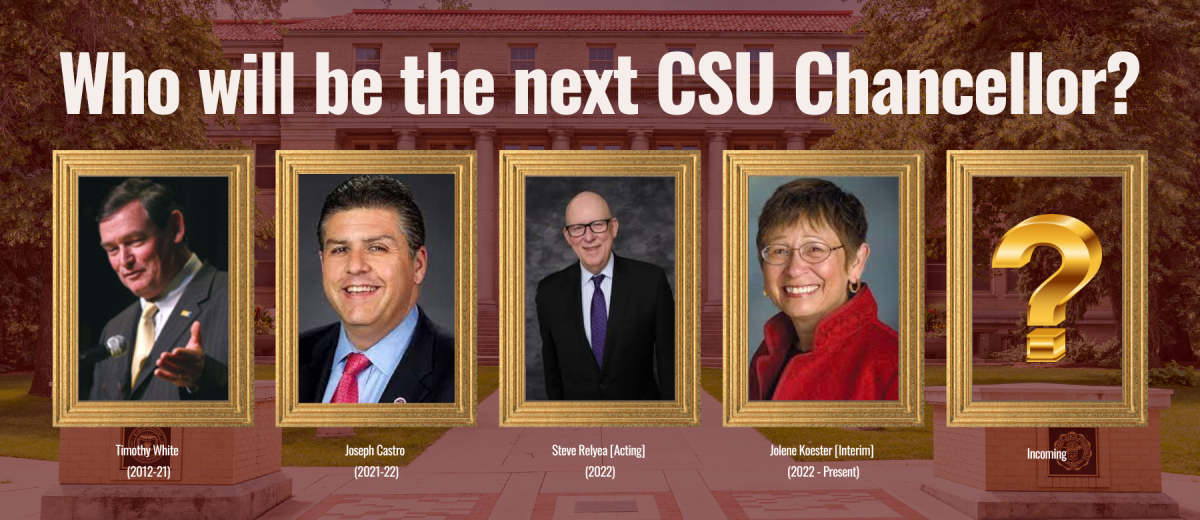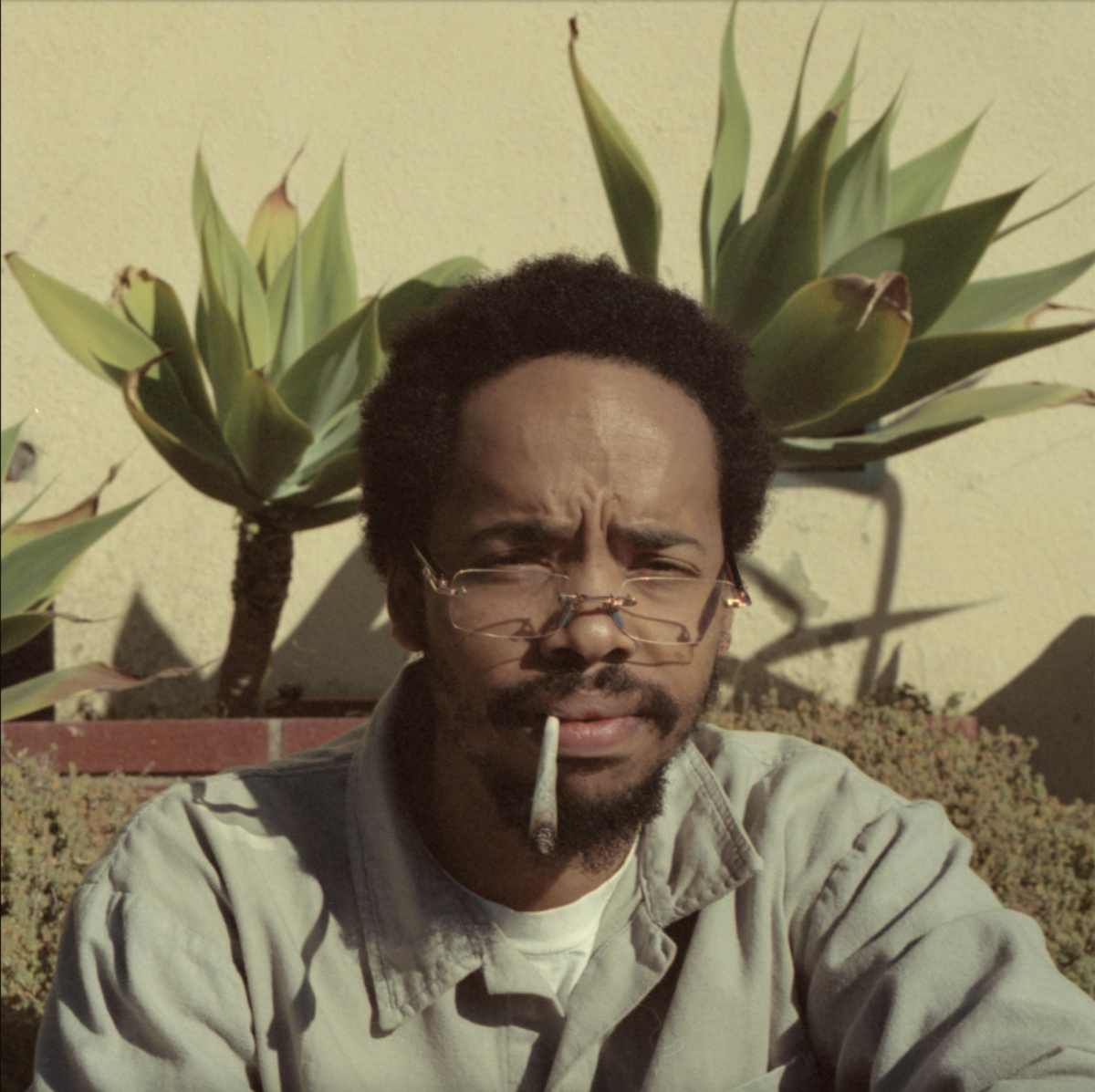The Implementation Committee for the Selection of the Chancellor, a diverse group of California State University stakeholders, held an open forum at San Francisco State on Thursday.
During the meeting, CSU community members shared their demands about what they are seeking for the next elected chancellor.
The Implementation and Assessment Committee, is currently conducting a confidential nationwide search for candidates to elect the next chancellor. The new chancellor will oversee the CSU’s 23 campuses, which includes 477,000 students and 56,000 faculty and staff, according to the CSU website.
Michael Uhlenkamp, senior director of public affairs for the Office of the Chancellor, said the committee plans to distill the common themes of the open forum and consider it towards the chancellor’s leadership profile.
“The role of the assessment and the implementation committee [is] they are going to take that feedback and distill it in various buckets to generate the key characteristics for the leadership profile,” Uhlenkamp said. “We can’t list everything because everyone has different opinions but there should be a narrative to inform the candidates about what is going to be required over the next year.”
Jolene Koester, current CSU Interim Chancellor, will remain appointed until the next election. Uhlenkamp said the election results are planned to occur in summer 2023.
Koester said the committee is seeking the most uniquely qualified person to serve as the chancellor.
“The current salary of a chancellor is estimated at $625,000 a year without negotiations,” Uhlenkamp said.
He said the committee will review resumes and will start narrowing down the candidates.
“The finalist will then be interviewed by the full Board of Trustees. Typically these [elections] fall around board meetings,” Uhlenkamp said.
During the event, members of the CSU community focused their attention on various topics ranging from concerns with the budget, housing insecurities and Title IX training.
Dagoberto Argueta, vice president of Academic Professionals of California, said it is important for the next chancellor to change the paradigm and legislation in which funding for CSU will no longer be based on the number of students that are enrolled or have graduated.
“My colleagues for instance in San Francisco State University, California State University, Chico, Cal Poly Humboldt, Cal Maritime, California State University, East Bay and Sonoma State University were dismayed a couple weeks ago to learn that if we do not meet enrollment goals, we may face funding reductions in the future,” Argueta said.
In May 2022, the National Student Clearinghouse Research Center reported that undergraduate student enrollment in the United States has declined by 1.4 million since the Coronavirus pandemic, according to an agenda posted by CalState.
The CSU enrollment summary states how improved graduation rates and shorter timelines towards a degree completion have meant that enrollment must be “replaced” quickly. The report projected a two-year decline in systemwide enrollment may be greater than any time in the university’s history.
The CSU system projects that by spring 2023, there will be more than 25,000 full-time equivalent students which marks a 7% decrease towards its funded 2022-2023 resident target. This decline occurred during the state’s five-year budget stating new funding to increase resident undergraduate enrollment by 1% through 2026-2027, according to the same CalState agenda.
Cal Poly Humboldt is facing ramifications of increased over-enrollment to stay within the state’s resident target, causing housing insecurities for returning students.
On February 4, Cal Poly Humboldt failed to notify its students regarding an updated housing policy which states that on-campus housing is only reserved for new freshmen or transfer students starting fall 2023. While returning students will be placed in temporary, off-campus housing according to The Lumberjack, a student-run newspaper of Humboldt.
CIS Cal Poly Humboldt database management junior Kristin Tran, said continuing students are being evicted and placed in local motels which are unsafe.
“We are scared and many of us are trying to transfer to other universities to escape these conditions,” Tran said. “The students of Cal Poly Humboldt want a cap on enrollment until sufficient housing is available for all students.”
California Governor Gavin Newsom proposed a 5% base fund increase for UC and CSU university systems if they upholds graduation rates and increases enrollment of California residents, according to an article published by EdSource, a nonprofit newspaper covering equity in education.
The 5% increase would equate to $215.5 million in ongoing funding for UC and $227.3 million for CSU, according to the same article.
“We need a chancellor, who can see the impact that these changes have on the existing students and meeting enrollment goals at Cal Poly Humboldt is simply unsustainable,” Tran said.
The next elected chancellor would be the fifth appointed chancellor to the CSU system since 2021.
The last fully-elected chancellor was Joseph Castro, who stepped down from his position after allegations of mishandling sexual misconduct while he was president of Fresno State.
On Feb. 3, 2022, USA Today published a story stating Frank Lamas, former vice president for student affairs, had been accused of sexual harassment and was handed a “golden handshake” deal from Castro. This deal included a $260,000 payout, retirement benefits and a letter of recommendation from Castro, according to a report made by the Academic Senate of the CSU system.
The Office of the Chancellor has currently employed Cozen O’Connor, a full-service law firm, to conduct a systemwide assessment of its Title IX and Discrimination, Harassment and Retaliation programs.
This assessment is designed to strengthen the CSU institution by assessing current practices at the Chancellor’s Office.
“The safety and the comfort level of every individual at any of the CSU campuses is obviously very important to the campus community and leadership,” Uhlenkamp said. “One of the important things for the next chancellor is that the role of the chancellor differs from what Joseph Castro was stepping into.”






































